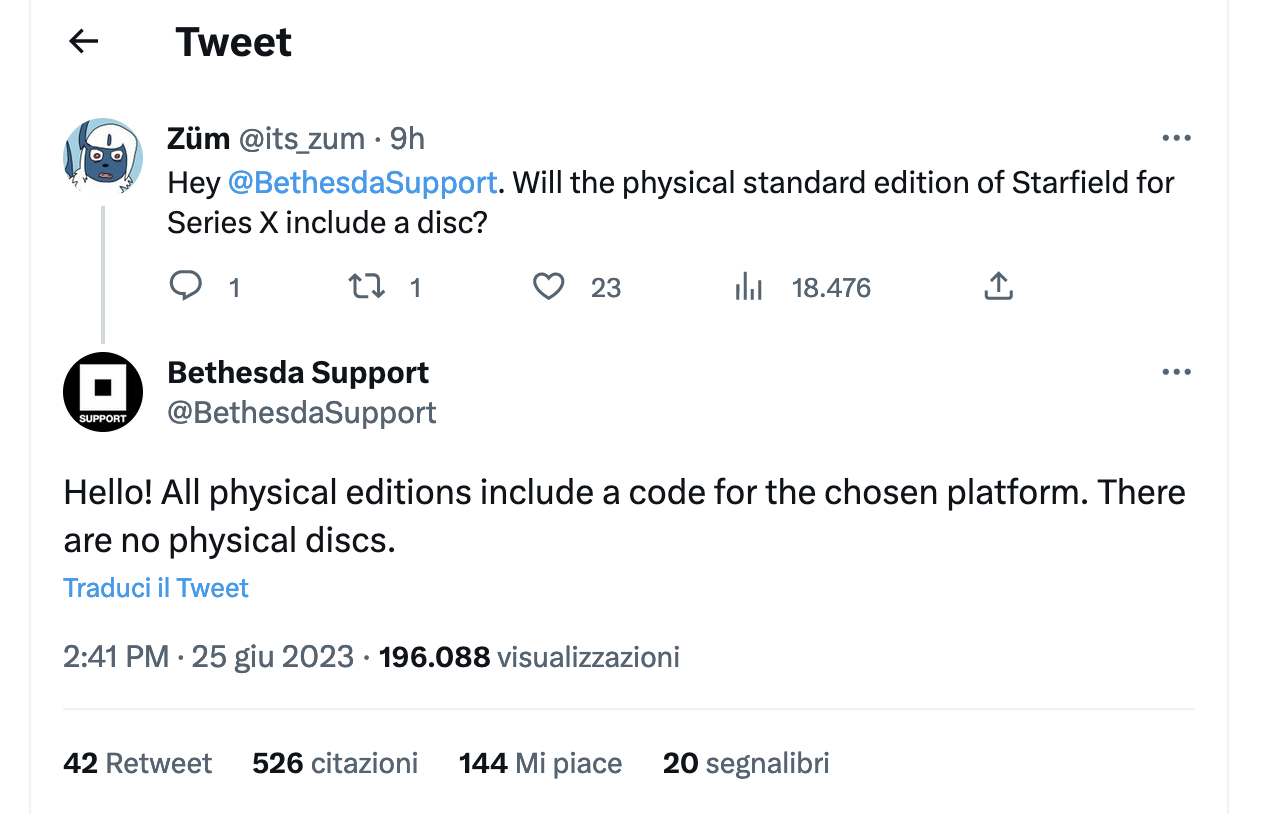this post was submitted on 25 Jun 2023
244 points (98.0% liked)
Gaming
23781 readers
27 users here now
Sub for any gaming related content!
Rules:
- 1: No spam or advertising. This basically means no linking to your own content on blogs, YouTube, Twitch, etc.
- 2: No bigotry or gatekeeping. This should be obvious, but neither of those things will be tolerated. This goes for linked content too; if the site has some heavy "anti-woke" energy, you probably shouldn't be posting it here.
- 3: No untagged game spoilers. If the game was recently released or not released at all yet, use the Spoiler tag (the little ⚠️ button) in the body text, and avoid typing spoilers in the title. It should also be avoided to openly talk about major story spoilers, even in old games.
founded 5 years ago
MODERATORS
you are viewing a single comment's thread
view the rest of the comments
view the rest of the comments

Probably need some way to track who owns the code in a robust way. I will not say what technology might come to mind.
The word you're looking for is "database"
Why would you need that? You don't have that with physical copies either.
The physical copy already has a tangible form which probably has copy protection built in. If a code would be transferred instead of copied, it would be necessary to know who owns it.
You would have to deactivate the game in the store before you got the code out. That deactivation would also delete the game files to clean up everything.
Maybe you made a copy somewhere else, but you'd now have to crack the DRM on most games.
Only if the game doesn't have DRM it relies on you honoring the agreement.
A similar situation would be processing refunds, where GOG allows refunds up to 30 days after purchase, even if you downloaded and launched the game.
That's the way it would need to work for Steam as an example, yes.